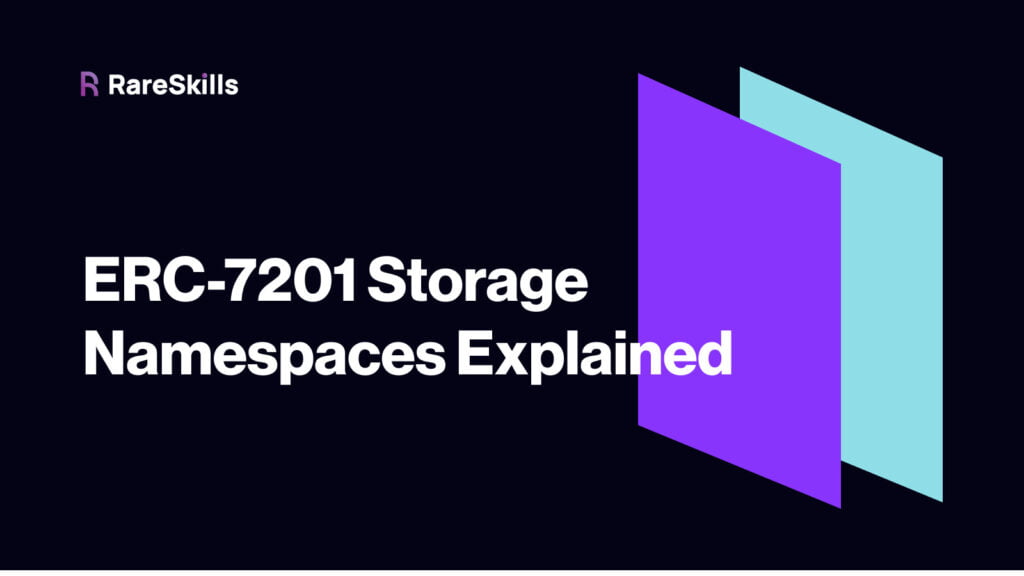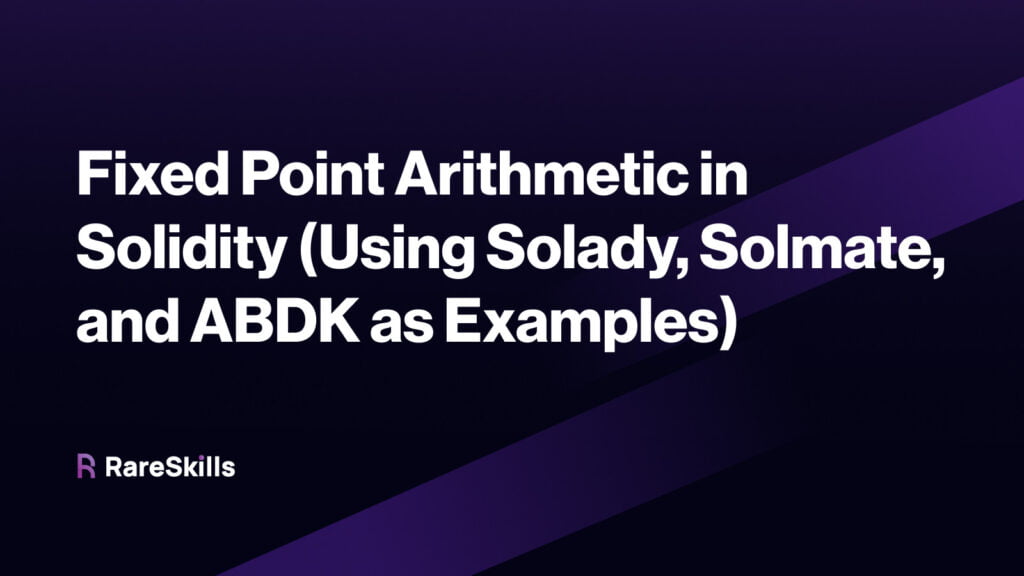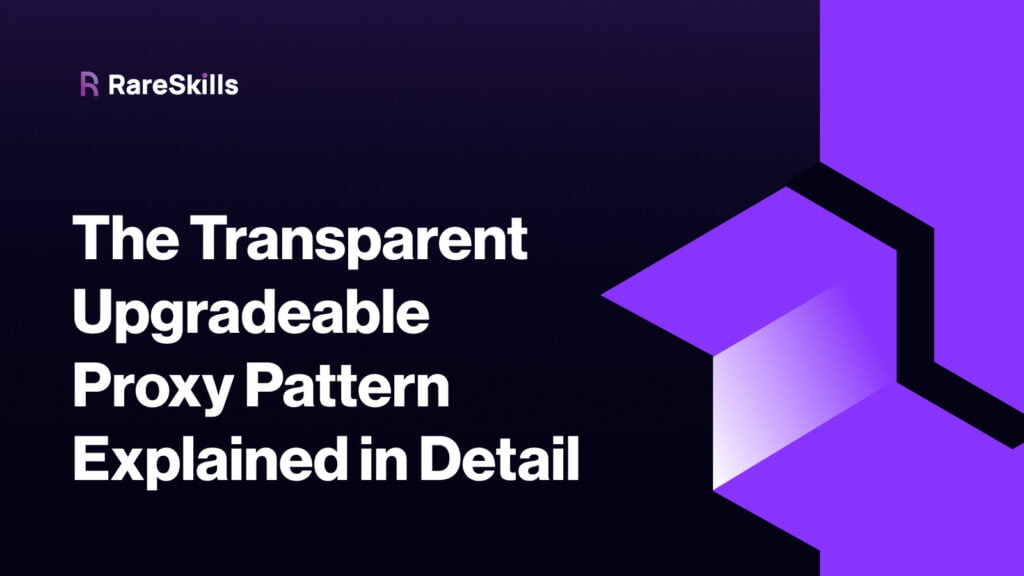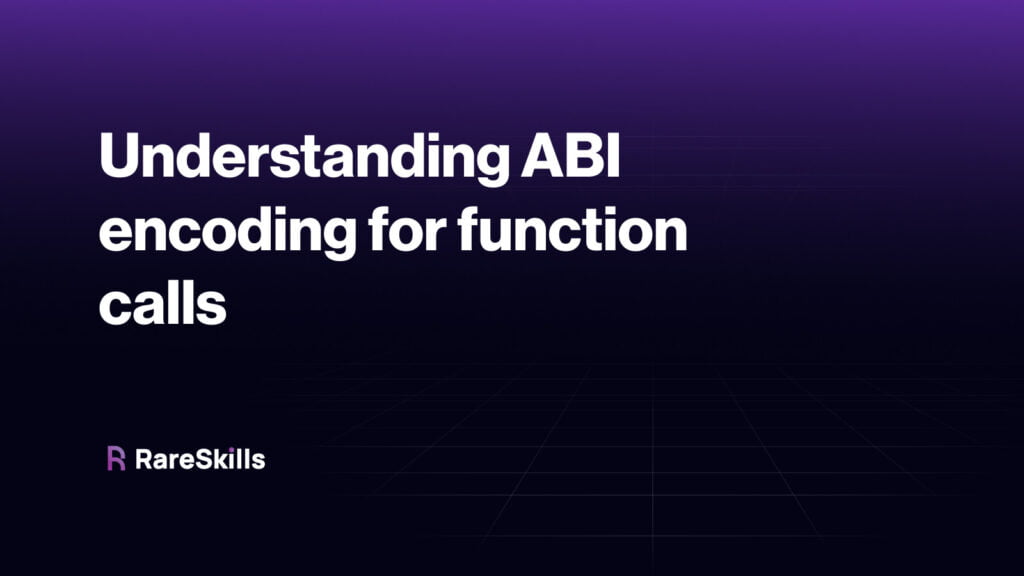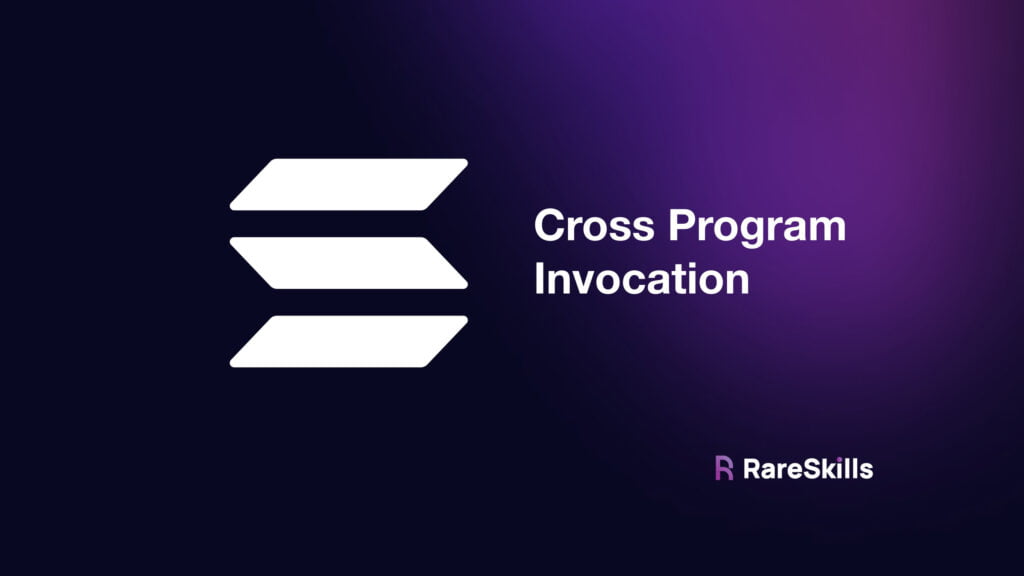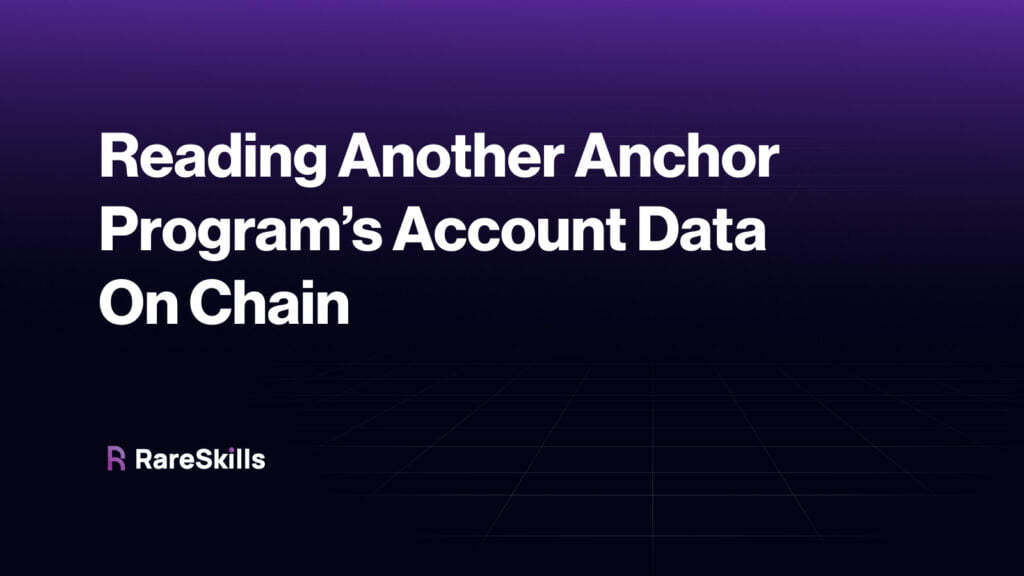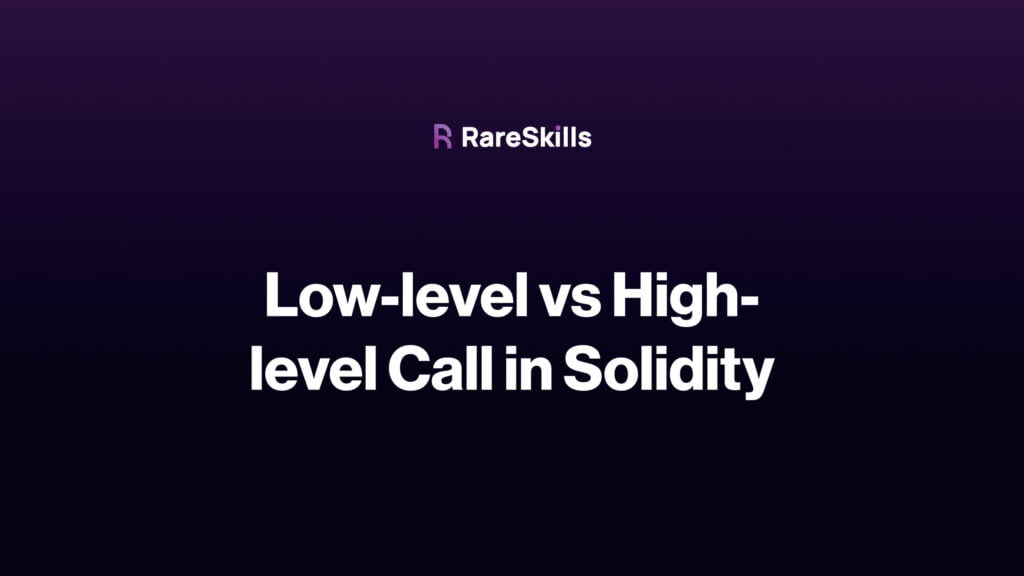ERC-7201 Storage Namespaces Explained
ERC-7201 Storage Namespaces Explained ERC-7201 (formerly EIP-7201) is a standard for grouping storage variables together by a common identifier called a namespace, and also to document the group of variables via NatSpec annotation. The purpose of the standard is to simplify managing storage variables during upgrades. Namespaces Namespaces are a common approach in programming languages […]
